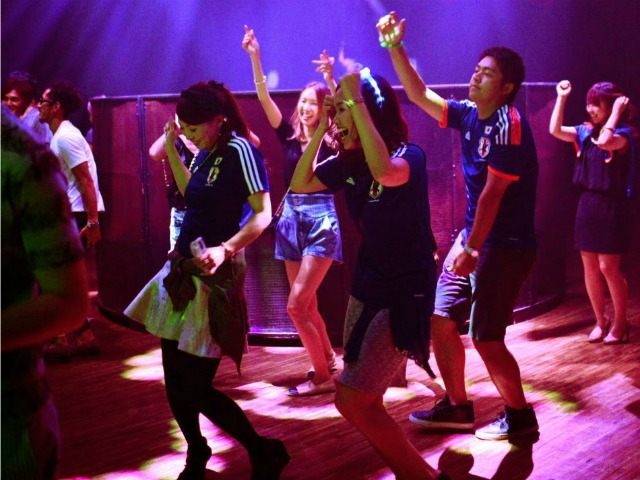Japan has finally lifted a 67-year-old ban on dancing in bars and clubs after midnight. The now-nullified law prohibited dancing in public spaces, unless the venue had a license. Even then, bars and clubs had to stop dancing at midnight.
The law dates back to the American occupation of the East Asian country in the aftermath of World War II. Back then, “dance halls” were often fronts for prostitution. To this day, many police consider clubs havens for violence, drugs, and sex crimes.
For the most part, after the 1950s, police chose not to enforce the law, and Japan’s nightlife thrived. However, in 2010, after a string of high-profile drug arrests and a death from a brawl started in a club, police started using the dance ban to raid clubs and bars.
Many centers of nightlife have large signs which read “No Dancing,” in order to avoid problems with police.
In 2013, a group called the Let’s Dance Petition Committee sent more than 150,000 signatures to the Japanese parliament in an effort to end Japan’s “war on dance.”
It’s not just DJs and musicians who want to end the dance ban. Now, mainstream politicians are joining the push to end it.
With the 2020 Olympic Games in Tokyo fast approaching, some businesses are worried that Japan cannot afford to put too many limits on nightlife.
After the parliamentary committees and police recommend some changes to the law, the dance ban came up for a vote and was struck down.
If a club wishes to allow dancing after midnight, the seating areas must be well-lit, which police think will deter crime. Otherwise, clubs that want darker lighting must operate under the old ban.
Earlier this year, the Swedish parliament met to consider ending their similar ban on “spontaneous dancing.”
That ban, unlike Japan’s, remains in place. There, the Swedish police argued that dancing creates “disorder” and leads to fights and other dangerous criminal activity.
In Japan, nightclub owners, like David Escoe, may have to spend as many as 21 days in jail. In Sweden, nightclubs with dancing are merely fined.

COMMENTS
Please let us know if you're having issues with commenting.